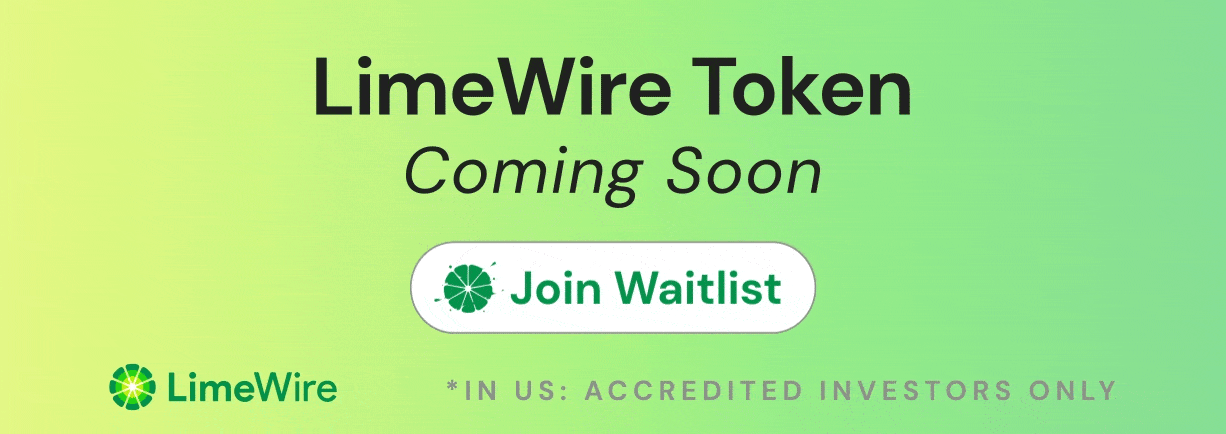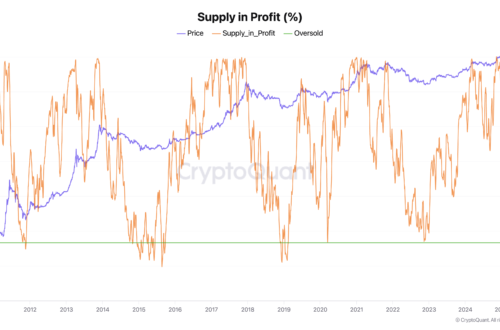The following is a guest post by CryptoSlate CEO Nate Whitehill.
The internet is entering a new phase of its evolution, transitioning from the static web1 and the interactive web2 to the decentralized web3 era, which promises users greater control, transparency, and peer-to-peer interactions, all fueled by the advent of crypto and decentralized applications.
Content monetization is one such area that is seeing substantial innovation through web3 paywalls, which provide content creators with more control and revenue streams and allow users to retain more value and control over their membership. Access Protocol is one of the cutting-edge tools that is revolutionizing content consumption.
Access Protocol: A win-win solution for users and creators
Access Protocol encourages users to support their favorite content creators while simultaneously enjoying the ability to access more content over time.
This innovative approach has been adopted by CryptoSlate Alpha, which uses Access Protocol to deliver valuable insights and research to its readers.
Instead of paying upfront, users can stake a minimum amount of cryptocurrency to unlock value. Staking, in this context, means locking up a certain amount of tokens as collateral to access content, which can be retrieved once users have met specific requirements.
The Access Protocol ecosystem enables users to leverage their protocol rewards, known as Access Credits (ACS), to contribute more to their favorite creators or discover new creators within the ecosystem and subscribe to their content offerings. This is possible through the Access content hub, a centralized content discovery platform hosting creators such as CoinGecko, The Block, WuBlockchain and now CryptoSlate.
Introducing CryptoSlate Alpha: A web3-enabled crypto membership experience
CryptoSlate Alpha exemplifies the power of web3 paywalls in offering a comprehensive membership experience, which includes:
- Exclusive Research & Analysis: Members receive in-depth analysis and cutting-edge trends that help separate the signal from the noise, delivering valuable insights not available to the general public.
- Expert Crypto & Macro Insights: Nuanced perspectives on the crypto market empower members to understand market trends better.
- Private Telegram Group Access: Members can chat with CryptoSlate’s team of journalists and researchers, tapping into their extensive knowledge and crypto experience.
- Day-1 Podcasts & Live Q&As: Members receive invites to live podcast recordings and can submit questions to guests, gaining early access to new podcasts before public release.
- Monthly Roundtable Discussions: Exclusive roundtables allow members to engage in stimulating discussions and network with industry professionals.
- Surprise Perks & Bonuses: The CryptoSlate team continuously seeks new ways to provide value to its members, offering perks such as free event tickets and whitelist spots for exciting NFT drops.
Why are we using Access Protocol?
Using web3 paywalls and Access Protocol, content creators can maintain control over their content and enjoy more direct revenue streams.
For example, with Access Protocol, creators receive revenue directly from supporters, bypassing the need for third-party intermediaries that may take a cut of their earnings. Additionally, creators can maintain full ownership of their content rather than relying on centralized platforms that may restrict their creative freedom.
Web3 paywalls address existing limitations and challenges posed by traditional monetization methods by allowing CryptoSlate and other creators to establish more direct relationships with their audience and provide them with unique, personalized experiences.
However, potential concerns with web3 paywalls and the Access Protocol include technical barriers to entry and possible limitations for certain types of content creators. As web3 is still relatively new, it will require technical understanding to set up and manage, which could be a hurdle for some creators.
Additionally, the effectiveness of web3 paywalls may vary depending on the type of content and the target audience. For example, creators who cater to a less tech-savvy audience might face challenges in adopting web3 paywalls, as their audience may need more time to navigate the new technology.
Conclusion
Web3 paywalls, as exemplified by Access Protocol, are changing the game for content monetization and engagement. These decentralized solutions pave the way for a more sustainable and mutually beneficial digital landscape by incentivizing users to support creators and providing innovative ways to unlock the content.
Platforms like CryptoSlate Alpha are leading the charge, showcasing the potential of web3-enabled membership experiences in delivering exclusive content and fostering a vibrant community of crypto enthusiasts. However, addressing potential concerns and challenges associated with this technology is crucial to ensure its widespread adoption and success across various content creators and their audiences.
For more information, please see:
Disclaimer: Connecting to CryptoSlate Alpha requires authentication using Access Protocol. CryptoSlate is a launch partner of Access Protocol and we are also invested in the project through a grant we received. By choosing to lock your ACS tokens with CryptoSlate, you accept and recognize that you will be bound by the terms and conditions of your third-party digital wallet provider, as well as any applicable terms and conditions of the Access Foundation. CryptoSlate shall have no responsibility or liability with regard to the provision, access, use, locking, security, integrity, value, or legal status of your ACS Tokens or your digital wallet, including any losses associated with your ACS tokens. It is solely your responsibility to assume the risks associated with locking your ACS tokens with CryptoSlate. For more information, visit our terms page.






